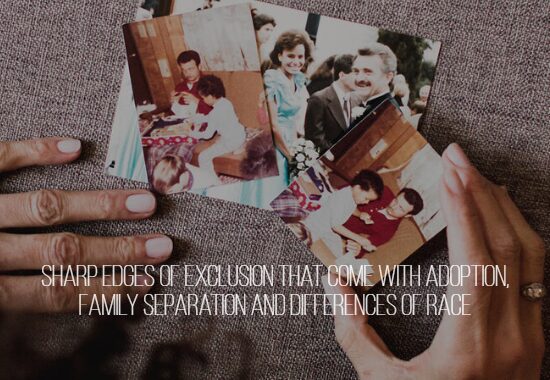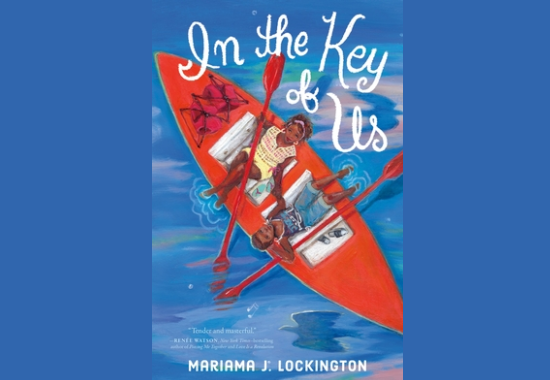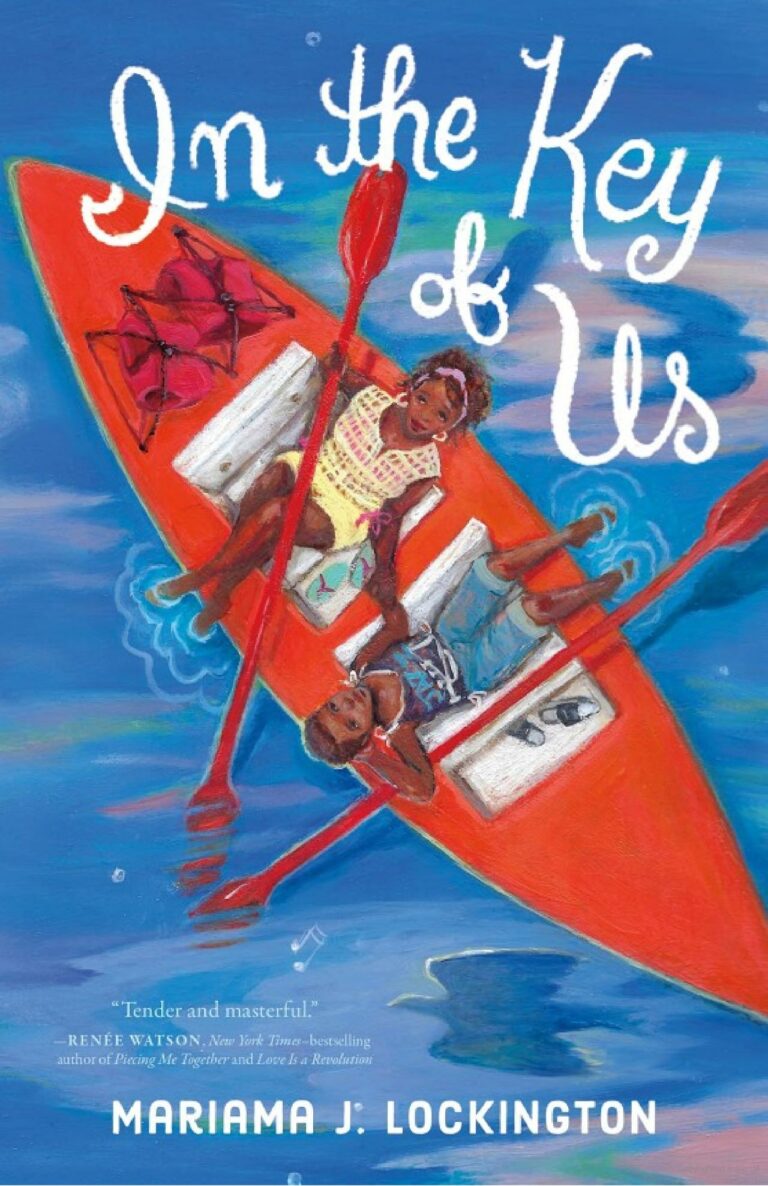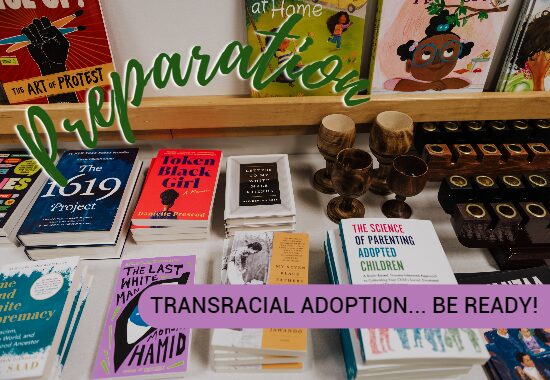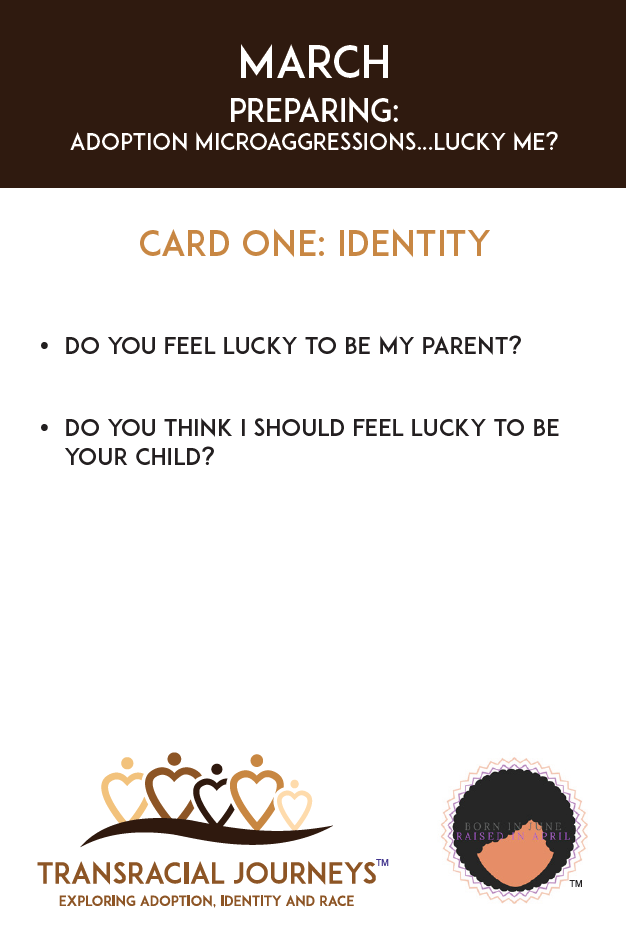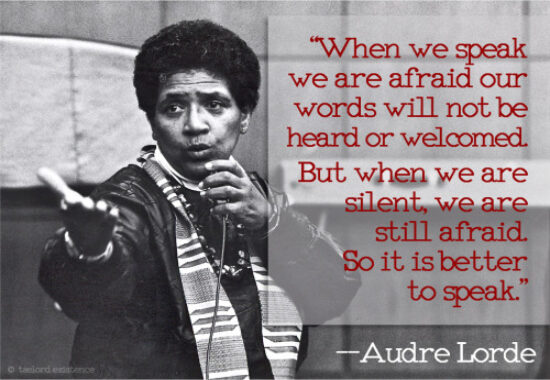by TRJ Executive Director, April Dinwoodie
“Where is she from?”
“Does she look like her dad?”
“Do you know who her real parents are?”
These and other questions came hard and fast at my mom and me when we were out in a world that wants us to match and did not understand the realities of adoption, family separation, and the impact of trauma that comes with both.
As a kid, I never quite understood why folks were so interested in my family, why my mom would get kind of mad when these things would happen, and why I felt so weird when it did. Why did anyone care what we looked like, why I was brown, or how we came together as a family? Also, what were “real parents” anyway? None of it made sense and over time, unwanted attention based on how I looked and where I “fit” within the family that surrounded me was constant. In a majority white community where families matched, I was singled out and often wondered if I belonged anywhere.
In addition to the comments about how our family looked there were comments about how lucky I was or how lucky our family was. Lucky? Why was I lucky to have what everyone else had, a family? It did not make sense and it made me feel uncomfortable. We rarely unpacked these things as a family so I was left to wonder why my family was so different, why I was different and why I should feel the least bit lucky about any of it?
Sitting next to all of this were my complex feelings of sadness and confusion about my family of origin and looking so different from the people around me. While I truly loved my family and these feelings were not all-consuming, they were serious distractions as I navigated the world. I simply wanted to fit in, to be like everyone else and to feel like I belonged.
There was no bright or easy path to true belonging because those closest to me did not realize the weight of my reality and most others were too busy expecting me to be grateful. I needed a community like TRJ to help my parents know and do better and I needed to be around other children and families.
This year TRJ’s camp theme centers on inclusivity and belonging. As always, we will create space for deep learning and development as well as moments for joy and community. Together, we will work to soften the sharp edges of exclusion that come with adoption, family separation and differences of race. Together, we will co-created the brightest path to belonging for the children entrusted to you through adoption.
This post is from our March, 2024, newsletter. If you would like to get our newsletter in your inbox each month, as well as information about our annual Transracial Journeys Family Camp and our monthly Zoom call to provide support for our transracial adoption parents please subscribe.

